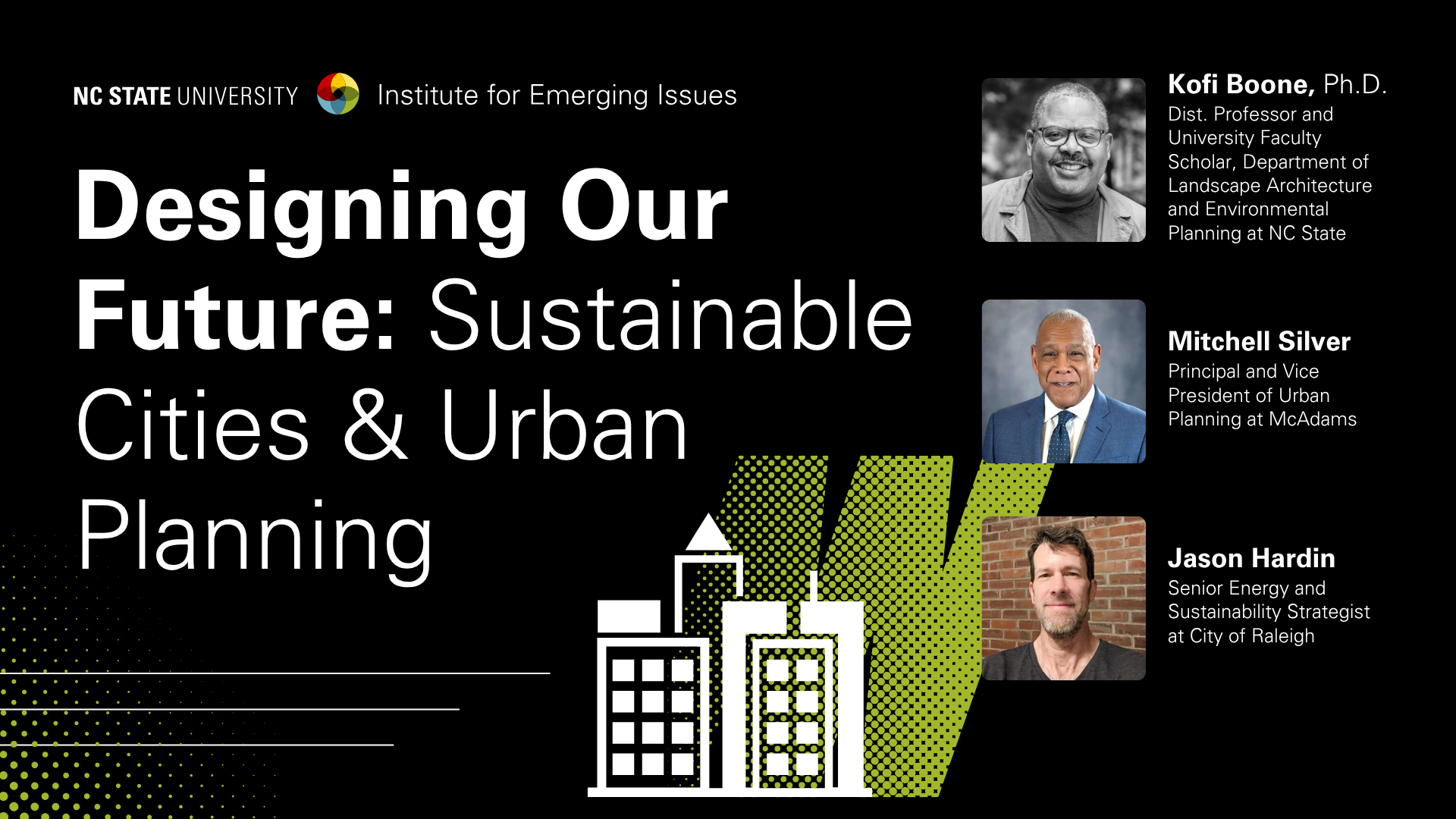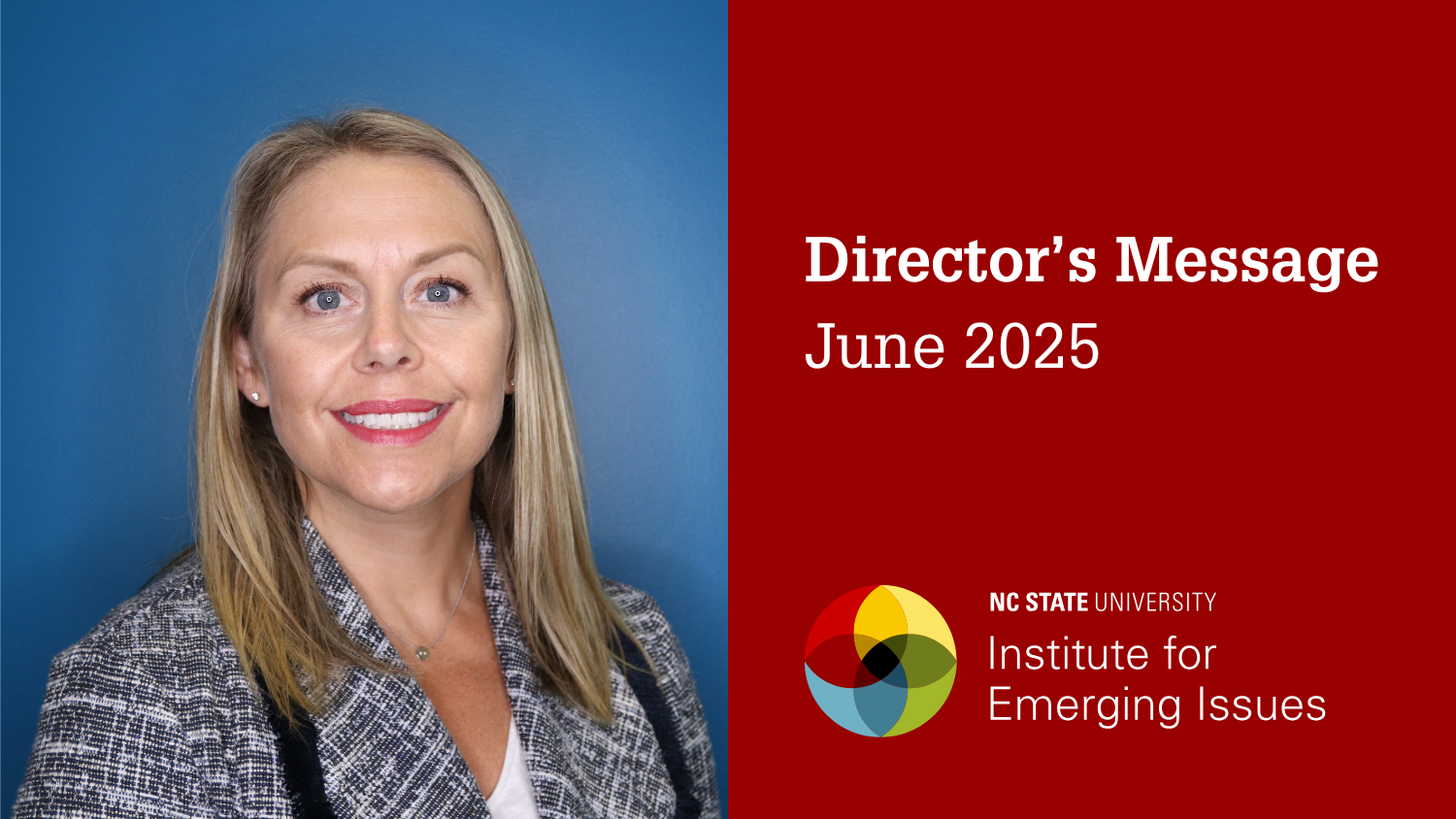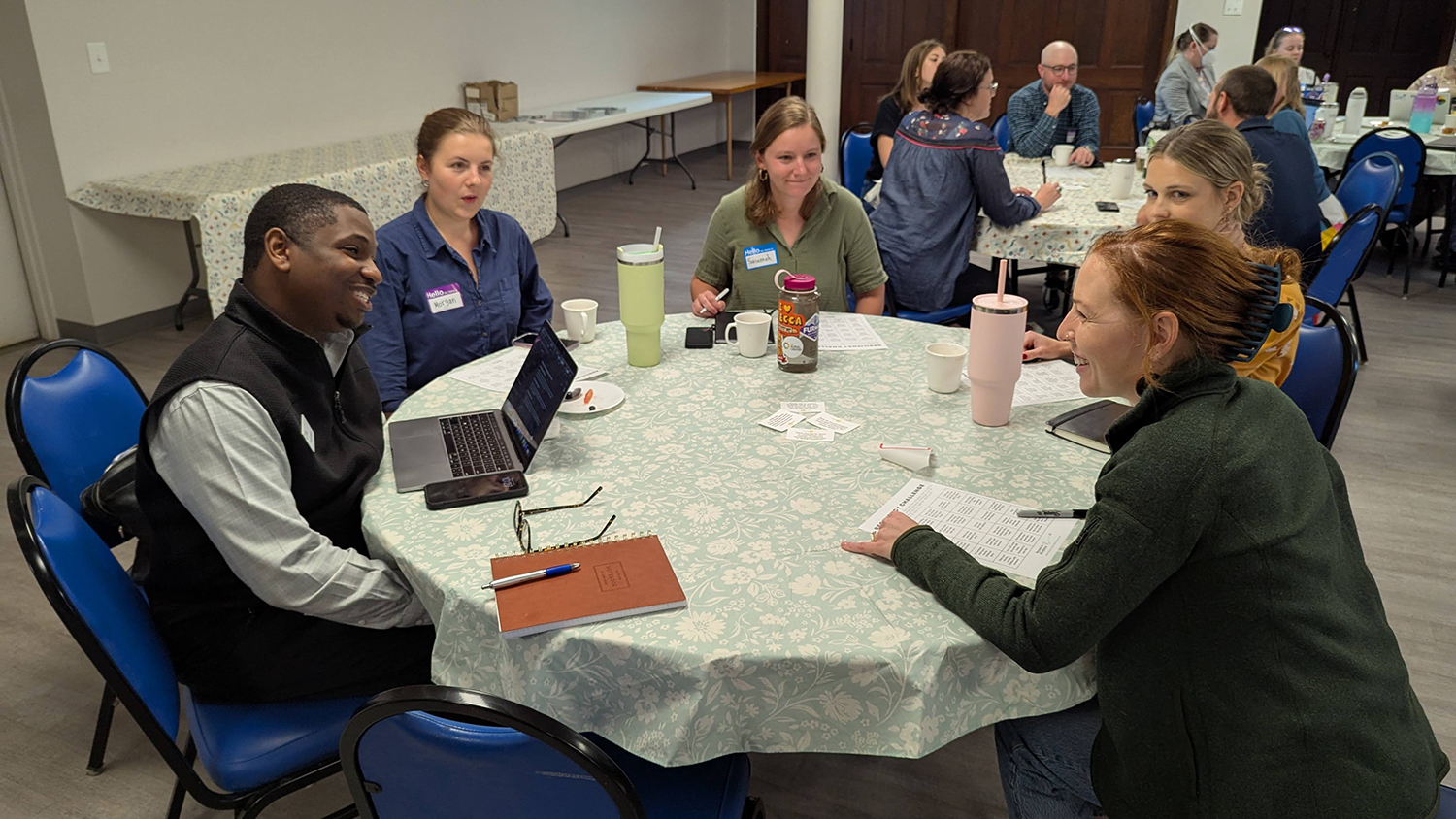How is digital inclusion and connectivity important for your ministry?
Contributed by John Dempsey Parker, Institute for Emerging Issues, NC State University.
Last month, the IEI Faith Team facilitated its latest round of Peer Network Group conversations via Zoom. Peer Network Groups are topical around important community and ministry issues that have been emphasized by the clergy and laity within our organizational and relational networks. In no particular order, the topics are (1) community food systems and food partnerships, (2) health and well-being, many times focusing on recovery and mental health ministries, (3) multicultural and cross-cultural partnerships, (4) education and early childhood development partnerships, (5) rural affordable housing, and (6) stewardship and fundraising.
Given our current and unfolding context, the faith team wanted to inquire how ministries and activities were impacted by the COVID and public health concerns with re-opening. How are grief and trauma showing up (in your ministries and lives of your members)? Given our team has been convening twice weekly Zoom calls with faith leaders (clergy and lay) since the middle of March we had laid substantive groundwork in this area.
In addition, given the global uprising and public dialogue on Black Lives Matter, police brutality, white supremacy and racial equity in society and public policy debates, we wanted to have an equity lens and approach to the peer network discussions. How is equity factoring into your ministry (now, or how should it in the future)?
Also, in reflecting on the importance of digital inclusion during the pandemic, and pivoting from our ReCONNECT to Technology Forum in February, and bridging towards our BAND-NC program, we wanted to hear how the topics were impacted by digital inclusion (or a lack thereof). How is digital inclusion and connectivity important for your ministry?
So, we grappled with questions related to grief and trauma, which connected to issues related to COVID, structural racism, and equity. Our equity inquiry yielded dialogue on issues related to race, culture, class, linguistic and language access, intergenerational differences, service delivery, and access. Conversations on digital inclusion reflected on affordability, access, adoption, technological devices, public investments, as well as support, training, and education.
The conversations were robust and we ran out of time with each discussion. Our faith leaders wrestled with the layered complexities of the issues. Community connectivity, with its multiple interpretations, digital and otherwise, was a theme that indirectly emerged and bubbled even when we were not directly engaging it.
We believe we moved toward imagining more coordination within and across the local and regional areas, and with the state in regards to our communities’ economic, public health, and social recovery. There was a desire for greater local collaborations, more public investment, and a hope for greater resilience and readiness for the future. Overall, within a divisive and polarizing election year amidst the upheaval, uncertainty, and excitement, we hoped our better angels would emerge and that we’d come together to be the change we seek.
- Categories:


